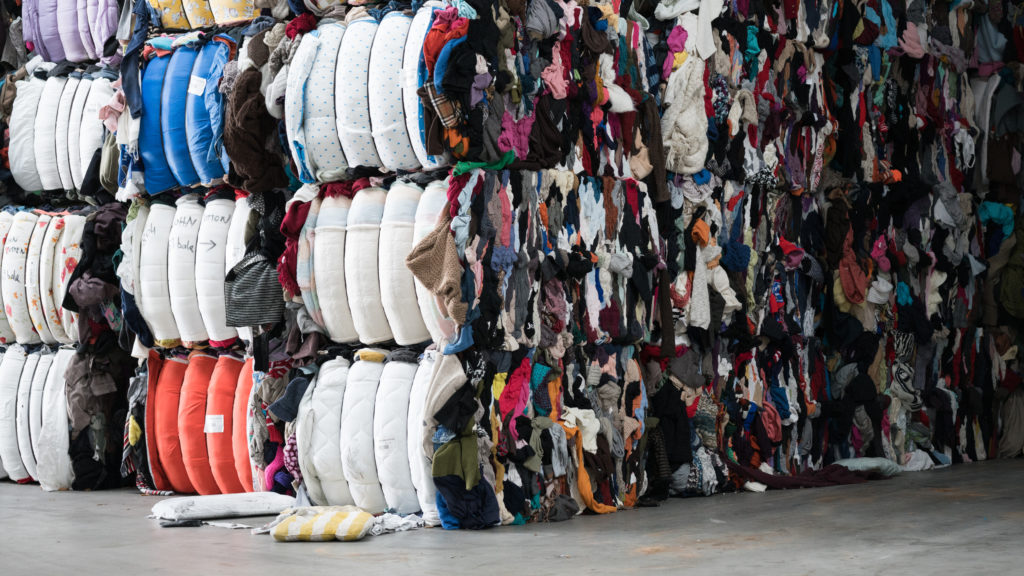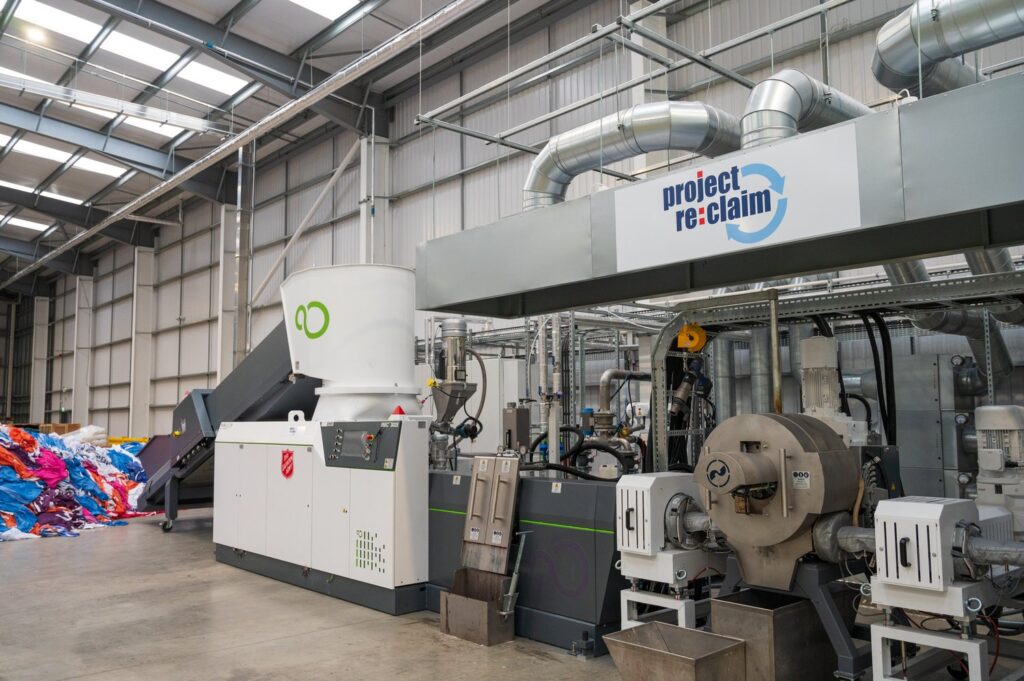The unprecedented gathering of representatives from seven EU countries took place in Brussels last week. It was suggested that producer responsibility or governmental assistance is needed to prevent serious job losses in the industry.
” Unless steps are taken soon to fund the textile recycling activities that are not financially viable, we could see the closure of many businesses and charitable enterprises in this sector.“
– Alan Wheeler, TRA
The current plight of textile re-use and recycling has arisen partly because of the “massive importation and consumption of clothing of Asian origin”, textile recyclers warned.
The imports of “low quality and hard to recycle” clothing has been linked to the rash of shutdowns in the second-hand textile industry.
BIR
The European Conference on the Future of the Textile and Clothing Reclamation Industry included representation from the Bureau of International Recycling (BIR) and the UK's own Textile Recyclers Association.
It was the first conference ever to be organised jointly by charities, manufacturers, and social enterprises from France, the United Kingdom, Poland, Spain, the Netherlands, Belgium and Germany. It also welcomed representatives from the European Commission and various national governments.
Sustainable
Textile recyclers warn that if Europe allows its textile recycling industry to die, it will be depriving society of “major economic players who work to promote more sustainable and socially equitable development”.
Francis Veys, director general of the BIR, said industry players generate true economic, social and environmental benefits. By reprocessing textiles, clothes and shoes the industry is prolonging the useful life of these commodities, they help preserve the environment. By employing over 250,000 persons in Europe, of which a large number are from disadvantaged populations, they help fight social exclusion and create jobs. He added that by exporting second-hand textiles to the South, they promote the development of local industries.
Solutions
Proposals were put forward during the conference to restore profitability to the industry to ensure its long-term survival. Possible solutions included an “environmental contribution” funded either by governments or economic operators in the textile industry, which would partially offset the collection and sorting costs. The system would follow producer responsibility seen in other industries like the packaging sector.
| Related links: |
The Textile Recycling Association's national liaison manager Alan Wheeler said afterwards: “The difficulties facing our industry must not be understated. The rag and bone man in various guises was a common site for hundreds of years and the modern day textile reclamation merchant, which fulfils important social, economic and environmental objectives, is under threat.
“In the UK the trade employs around 15,000-20,000 people and presents great economic opportunities for people elsewhere, particularly in Sub Saharan Africa. Unless steps are taken soon to fund the textile recycling activities that are not financially viable, we could see the closure of many businesses and charitable enterprises in this sector,” Mr Wheeler added.











Subscribe for free